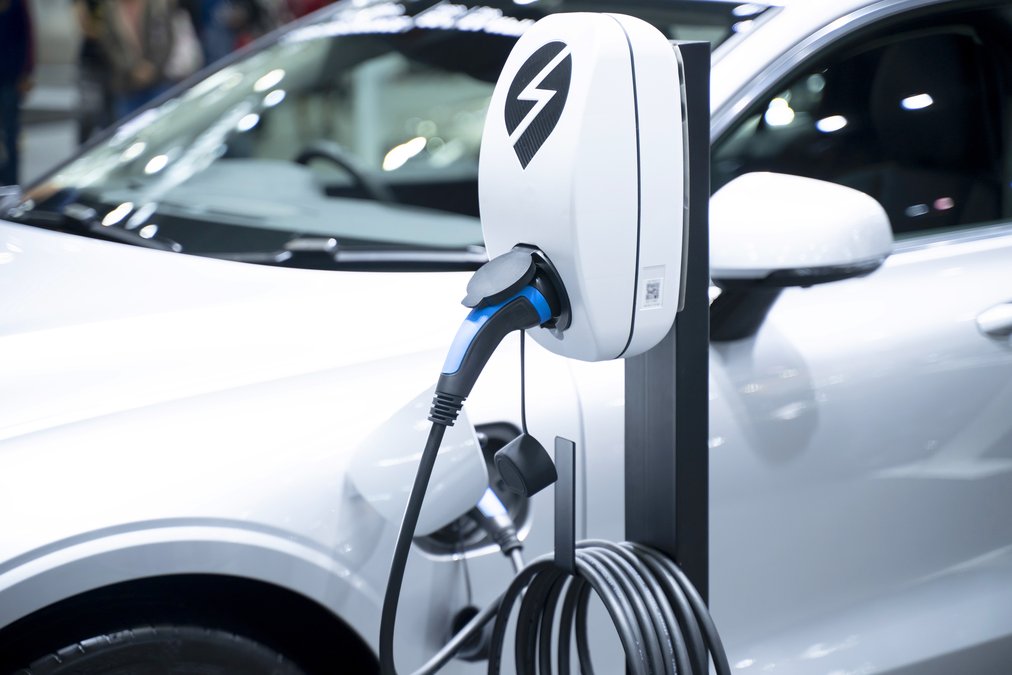The city of Hinesville may be plugging into providing power for electric vehicles. City Manager Kenneth Howard, noting the recommendation of Council member Vicky Nelson in pursuing charging stations, said the city has started looking at EV charging. Howard said there were programs to install the stations the city previously did not know existed.
City may get charge out of EV stations


